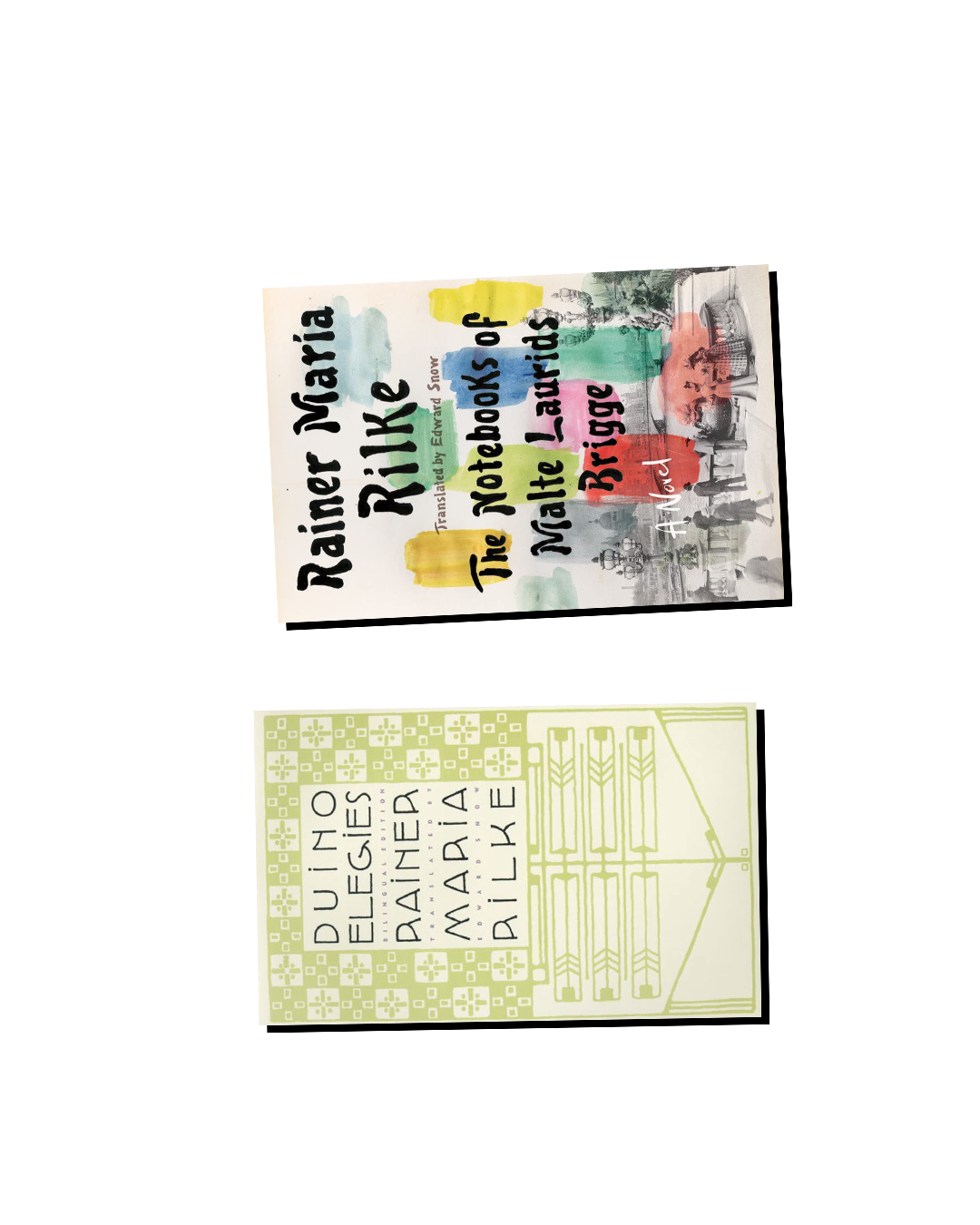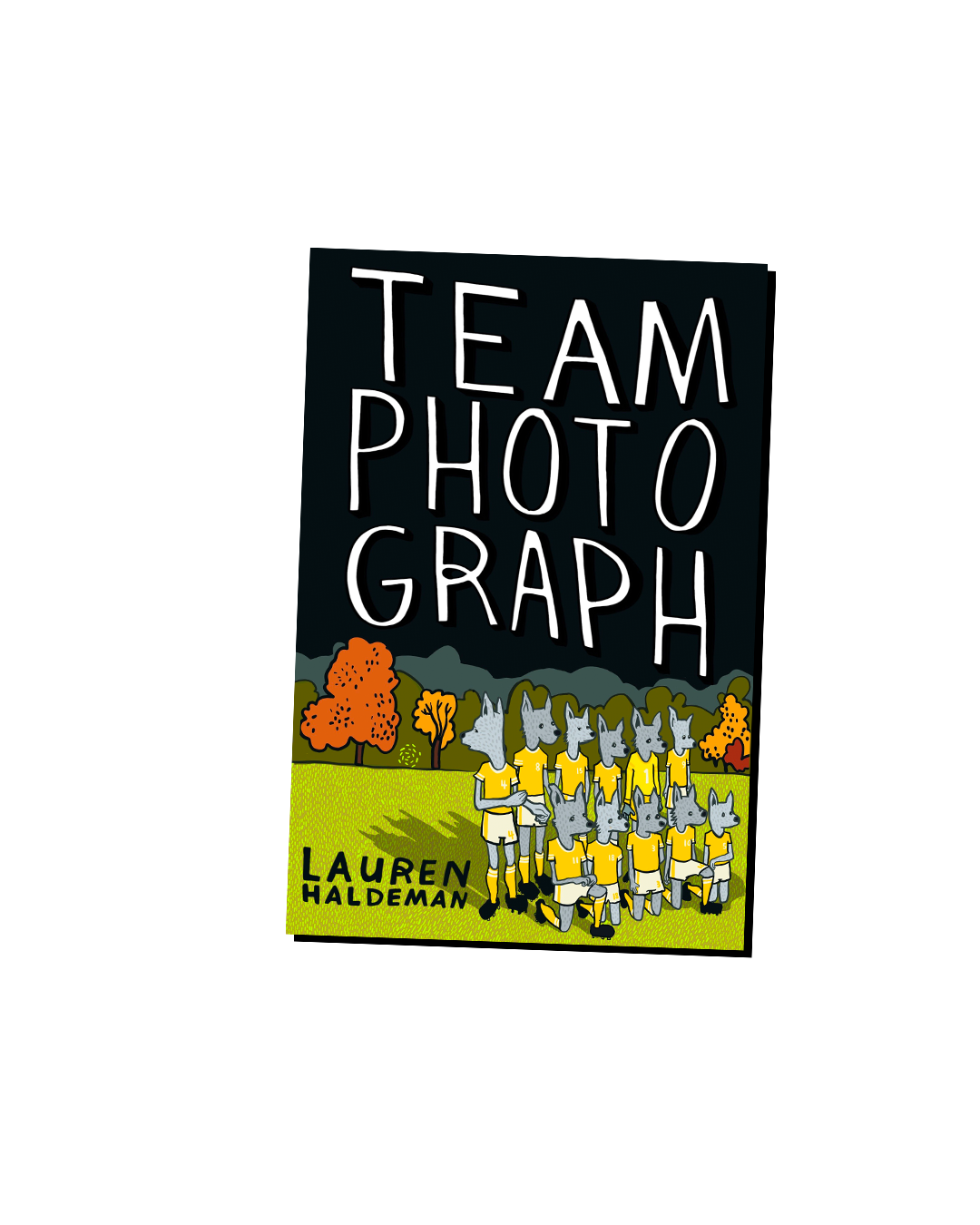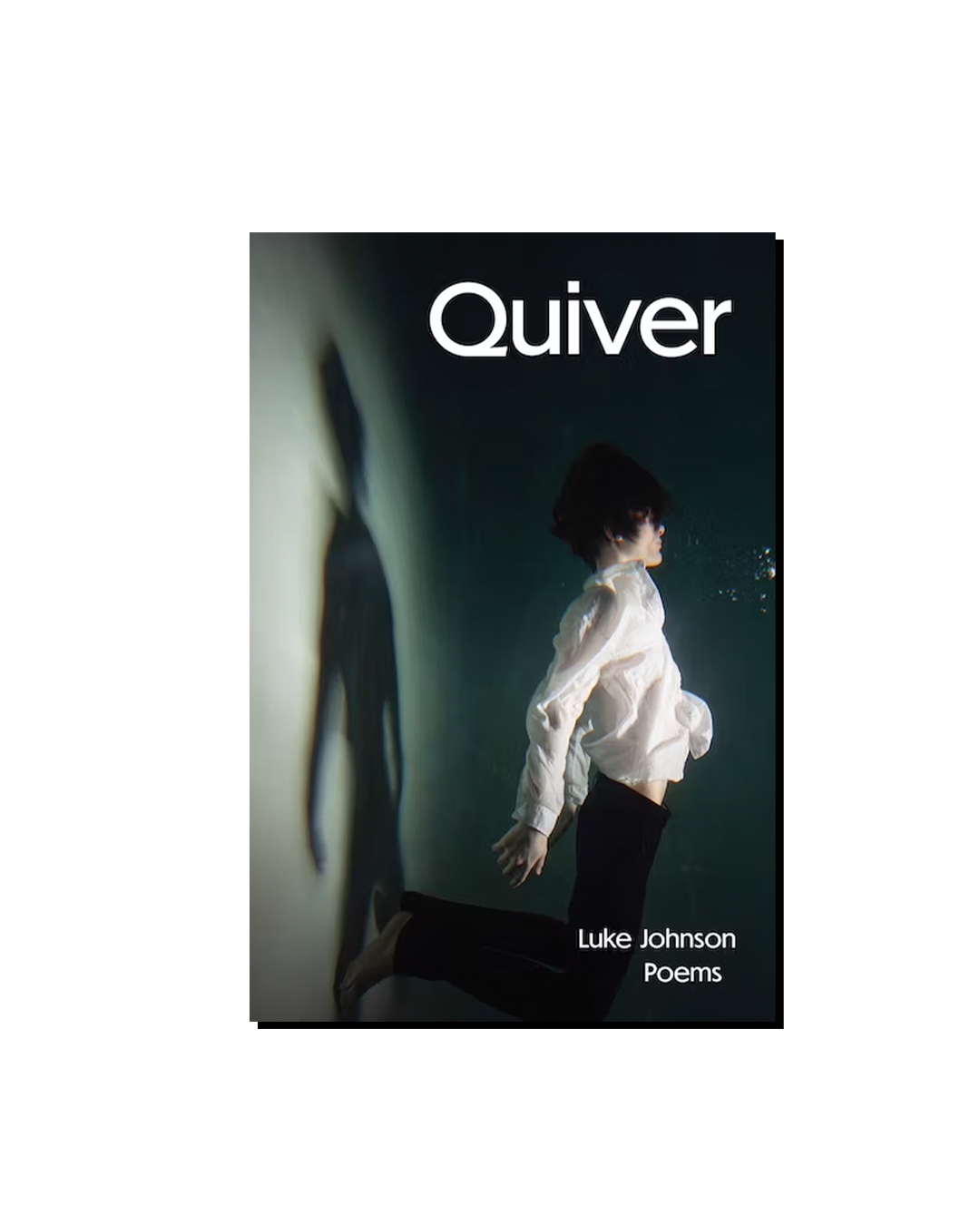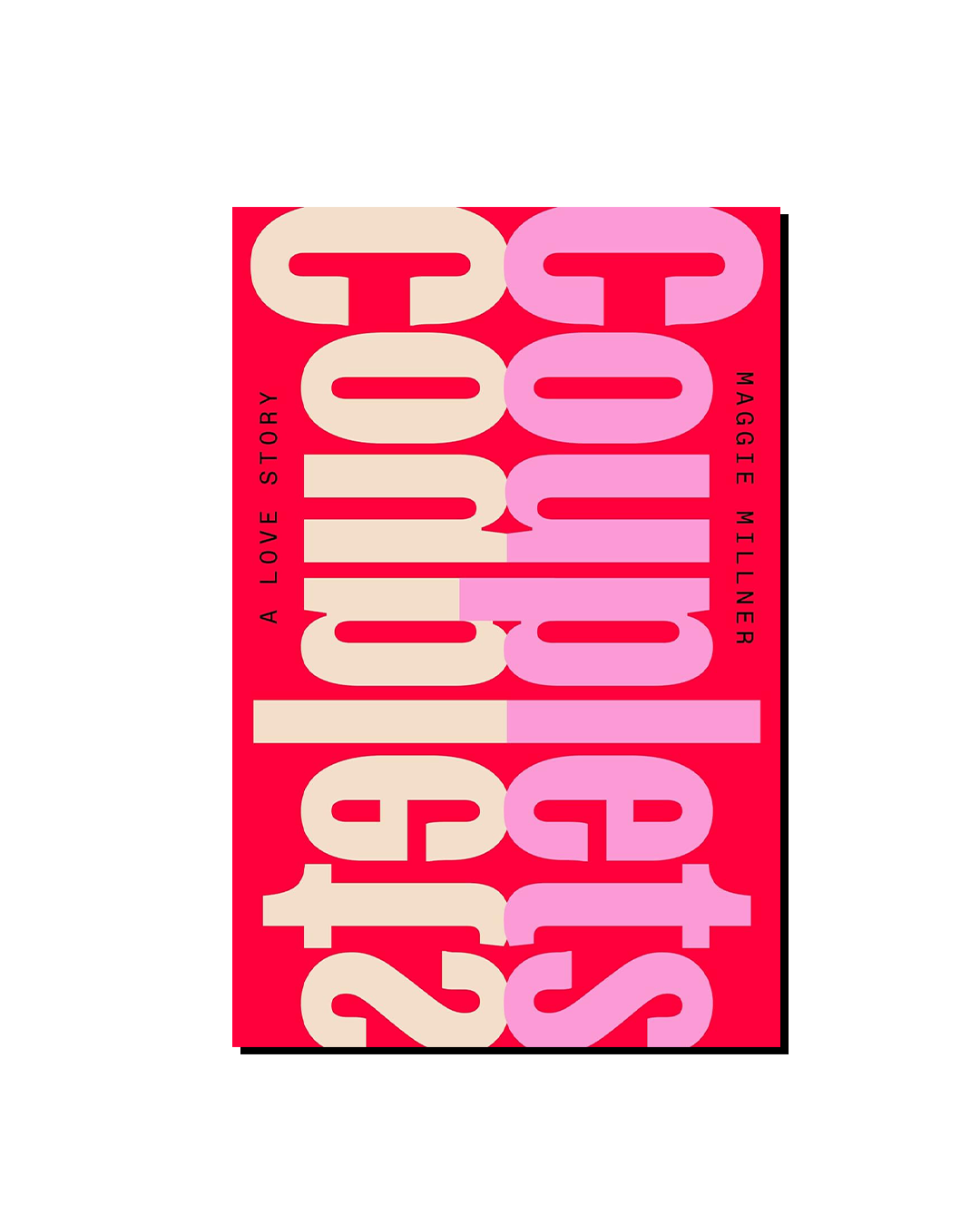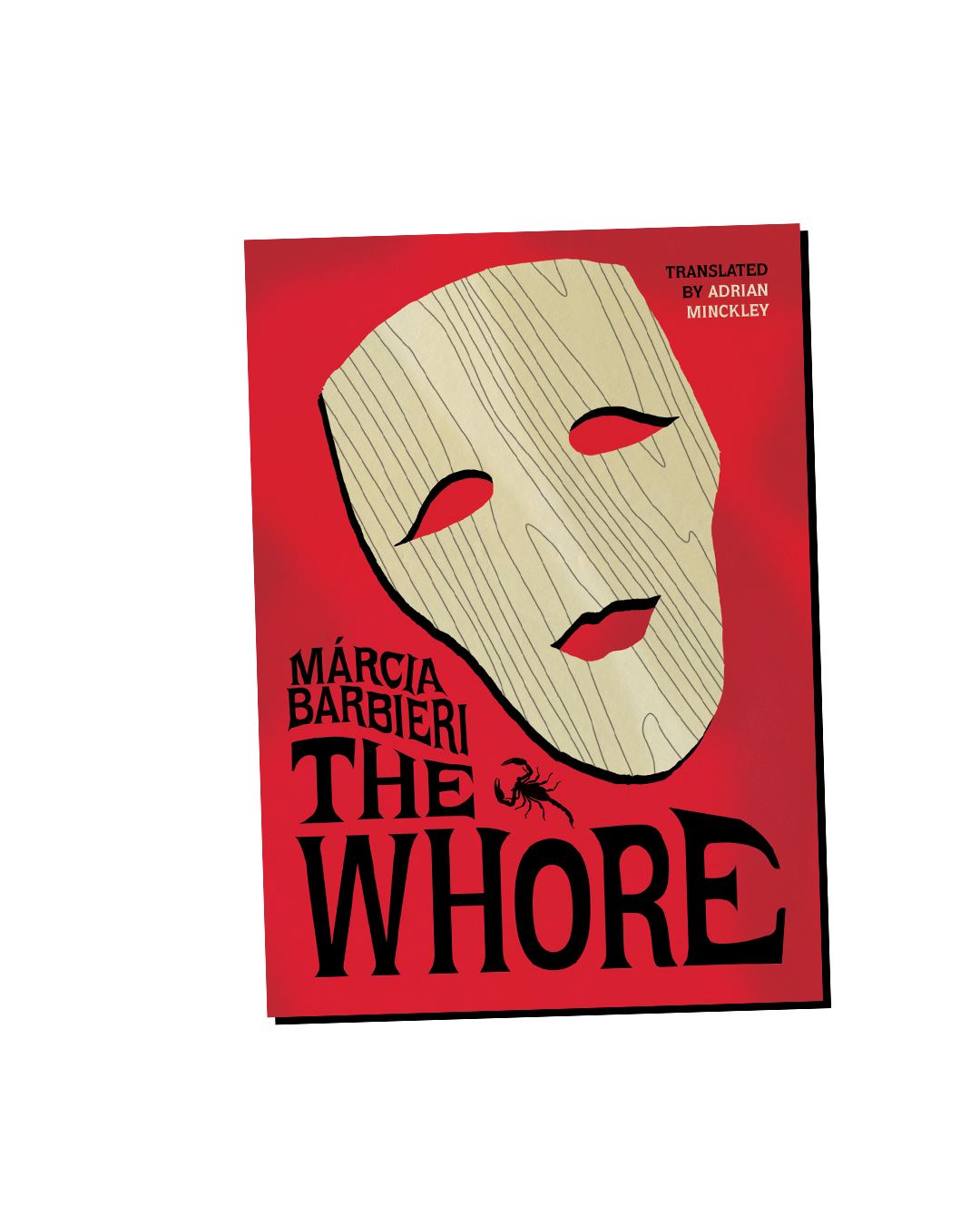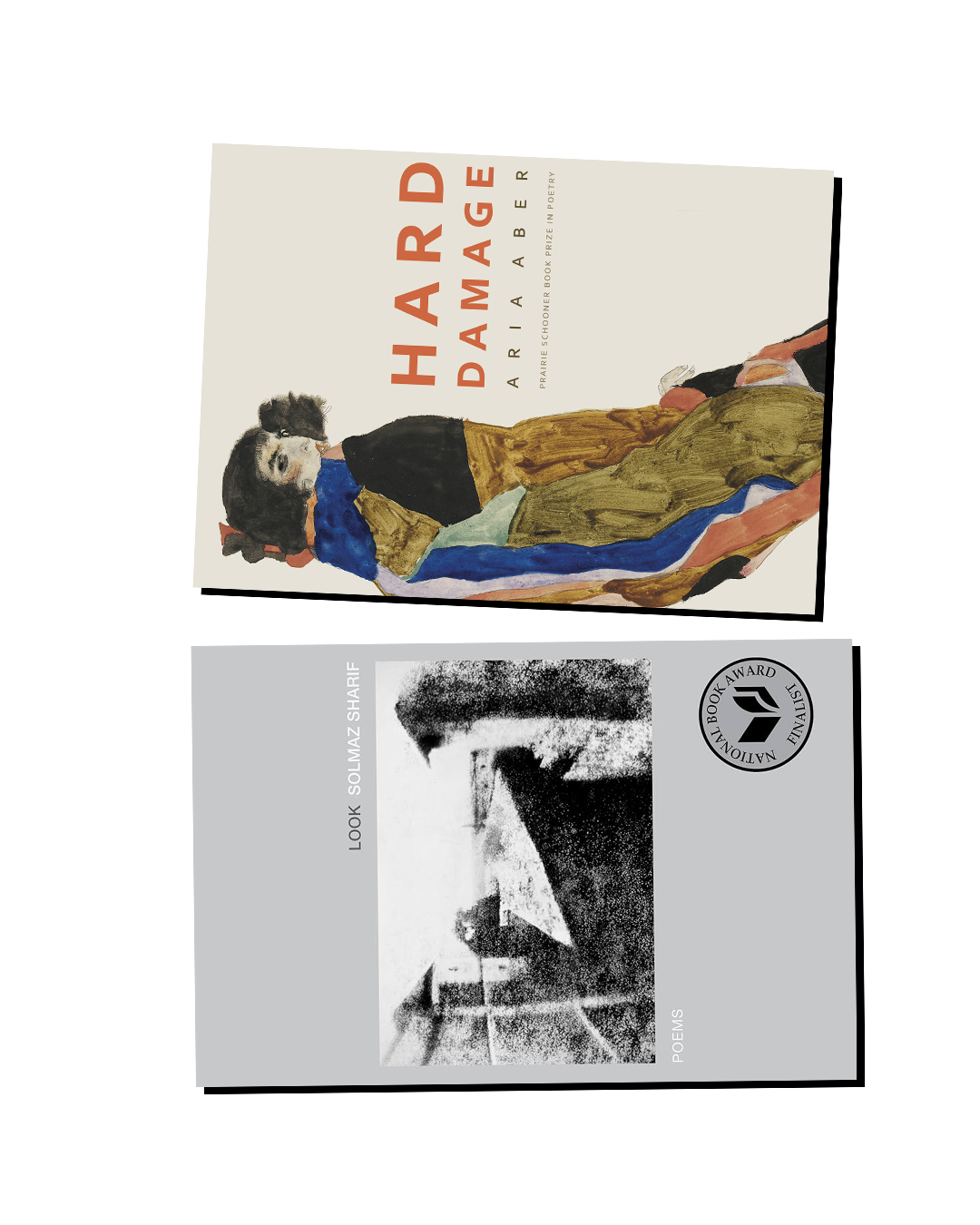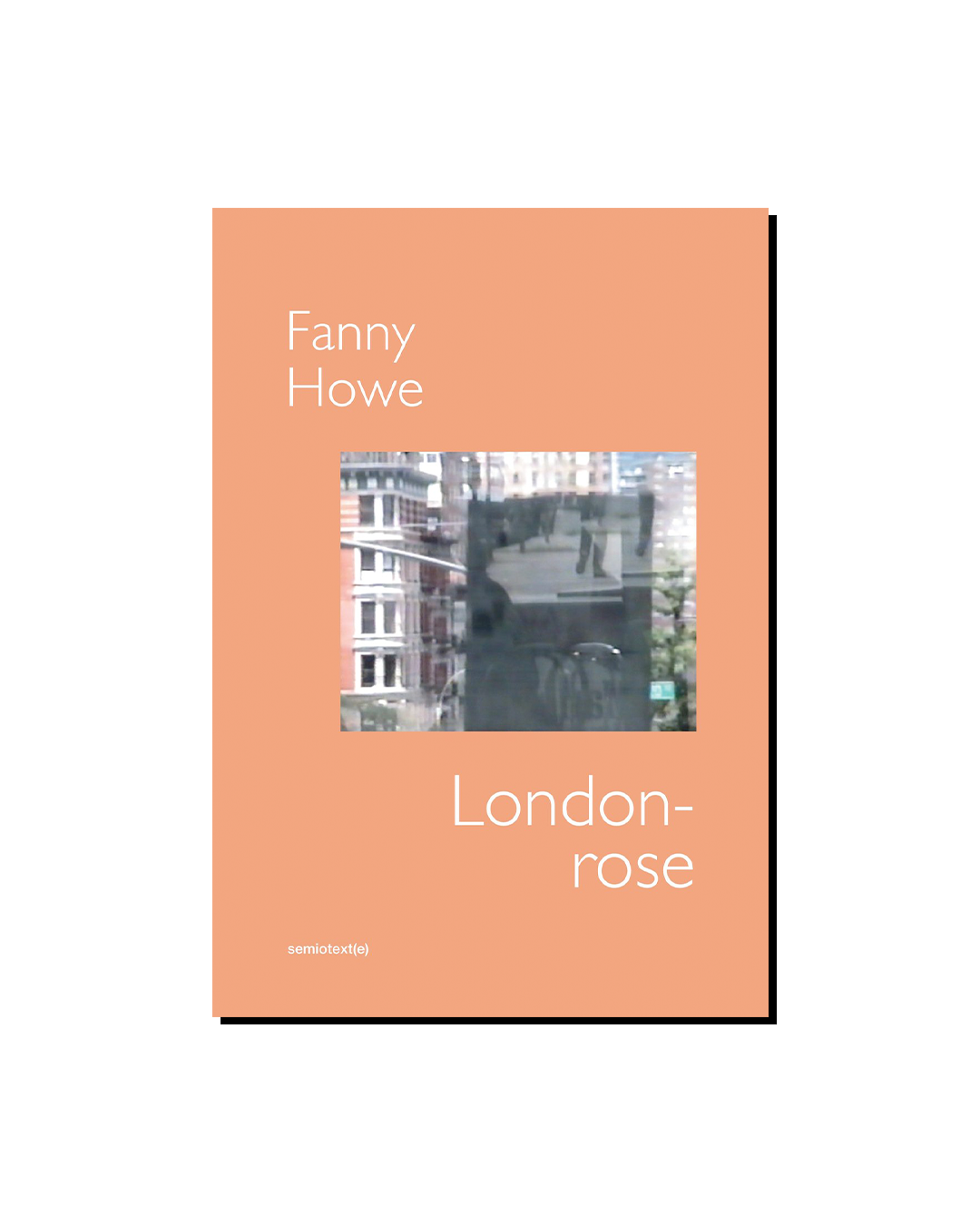The Telling Makes It True: On Robert Glück’s “About Ed”
The dead lover is the eternal muse, his voice revoked by death, his consent unattainable.
Nobody Knows My Name: On Maya Binyam’s “Hangman,” Claire Denis’ “White Material,” and African Fictions
African characters that go beyond the limitations of sympathy, to depict periods of upheaval where pity is a useless consolation, where we cannot generalize any specific case.
Words Scumble the View: On Lindsay Turner’s “The Upstate”
Where is upstate? A proximity, a region positioned degrees away from somewhere not upstate, forever elsewhere.
How to Be an Author and a Character Simultaneously
We have to rearrange our lives—to give a handful of days more weight than entire years, to give a few characters starring roles—so we can feel they are something more than administrative projects marked by disappointment.
Fantastic Lands and Where to Find Them: On Anthony Bale’s “A Travel Guide to the Middle Ages”
Bale’s aim in this book is to write in a rigorous and entertaining way about medieval travel writing; it would be a disservice to the subject to exclude the fictitious or the tasteless.
After Populism: On Borriello and Jäger’s “The Populist Moment”
The material conditions that underpinned social democracy have disappeared. Against this backdrop, left populism constitutes a sincere, but plaintive, desire for the lost world to return.
How to Die in the Twentieth Century
This makes of poetry—true poetry—either a task that is more difficult even than sainthood, or else simply a fool’s errand altogether. There is a dignity specific to either option.
What’s a Sad Wolf To Do?: On Lauren Haldeman’s “Team Photograph”
Comics show eyes, minds, people where to go, how to organize spatial information, what’s important, what to see. Photographs don’t, or not in the same way: maps do.
Some Ekphrastic Evening: On Fred Moten’s “perennial fashion presence falling”
He emphasizes the way that content prophesies form, or the way that form supervenes upon content—which is to say, he emphasizes the way in which the void leaps and sticks its landing.
Brutal Naturalism: On Luke Johnson’s “Quiver”
The desire to flay and spread open the guts, to commit sin and confess it, to claim responsibility by way of observational learning.
Economies of Guilt: On Fernanda Melchor’s “This Is Not Miami”
There is an established tradition of Latin American novelists who started off as journalists.
Looking for Gauraa in “Notes”
Novels narrated through IMs or letters can manipulate the space between messages, relying on the reader to intuit the gap between what someone might be feeling and what they might be saying.
A Real and Un-Automated Horse: On Brian Merchant’s “Blood in the Machine”
Merchant demonstrates that to act as a Luddite is to be anything but out-of-touch: it is to mobilize a common sentiment that marches from the past, and to stride as part of a collective toward a more equitable future.
Only This or That: On Maggie Millner’s “Couplets”
You thought you knew everything about couplets, and then realize there’s something new to discover in the familiar form. An uncovering of fossils, a tomb whose bones are still intact, jewelry in place and shining around the dusty vertebrae.
This Macabre, Whirling Orgy: On Márcia Barbieri’s “The Whore”
In the new post-apocalyptic world, the litany has been lost, the prater silenced. Catastrophe discards everything into the same junk pile of existence; which is to say, catastrophe turns everything into junk.
When We Look Away: On Christine Hume’s “Everything I Never Wanted to Know”
In many ways, Hume’s book is about the urge to look away from the brutalities and misogyny woven into daily American life. It’s also about what happens when we stop doing this: when we stop averting our eyes and look plainly.
Languages of Exile: On Aria Aber and Solmaz Sharif
What may seem at odds—Rilke and exilic Afghan selfhood, the DMAT and exilic Iranian selfhood—is connected and made whole. All become one in a language where poets imagine impossible homes for their fractured selves.
Out of the Seeming Blue: On Fanny Howe’s “London-rose”
For years, she has stared at the invisible, the unmanifest, and seen it anyway. It is only sufferers who need a name for the silence we live with, who are unable to relinquish hope.
Spring or All Desertion: On Walt Hunter’s “Some Flowers”
The function of repetition, of questions being asked toward impossibility, is to create the conditions by which prayer becomes a conceivable way of engaging with the world.
Nesting in the Wires: On Mário de Andrade’s “Macunaíma”
If the act of translation is often reduced to a dichotomy of foreignization and domestication, Dodson’s work is an interrogation; apropos of the book’s slippery relationship to the idea of national identity, of what constitutes the foreign and domestic in the first place.







